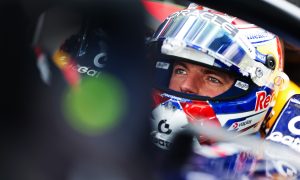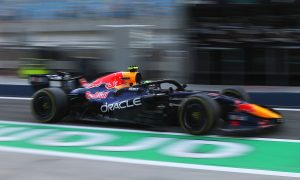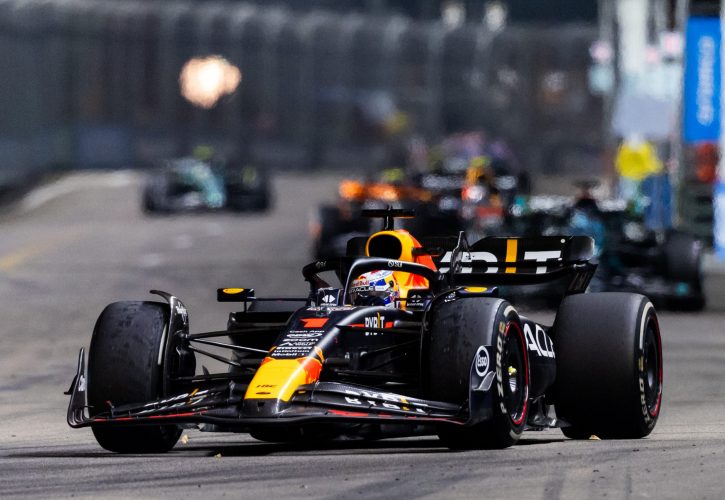
Red Bull team boss Christian Horner is adamant that the FIA's latest flexi-wing and floor technical directives played 'zero' part in the struggles suffered by the team's RB19 in Singapore.
Red Bull headed into last weekend's round of racing at Marina Bay hoping to uphold its flawless win record in F1 this season.
Instead, the Milton Keynes-based outfit suffered a proper meltdown in qualifying which left it on the back foot on race day, and with a car inexplicably uncompetitive relative to its usual rivals.
Coincidently, Red Bull's spectacular drop-off in pace in Singapore came about as the FIA introduced more stringent control measures regarding wing flexibility and floor deflection as pre-announced by the governing body in the latest technical directives it sent to F1 teams.
It therefore came to mind in the paddock that Red Bull's slump was not incidental. But Horner dispelled any correlation between the FIA's latest TDs and the RB19's performance drop, insisting the team had not changed a single element on its car as a result of the directives.
"It's all engineering stuff. There's no silver bullets in this business," Horner said, quoted by Motorsport.com.
"I know all of you would love to blame the TD, but unfortunately we can't even blame that, because it's not changed a single component on our car. Zero."
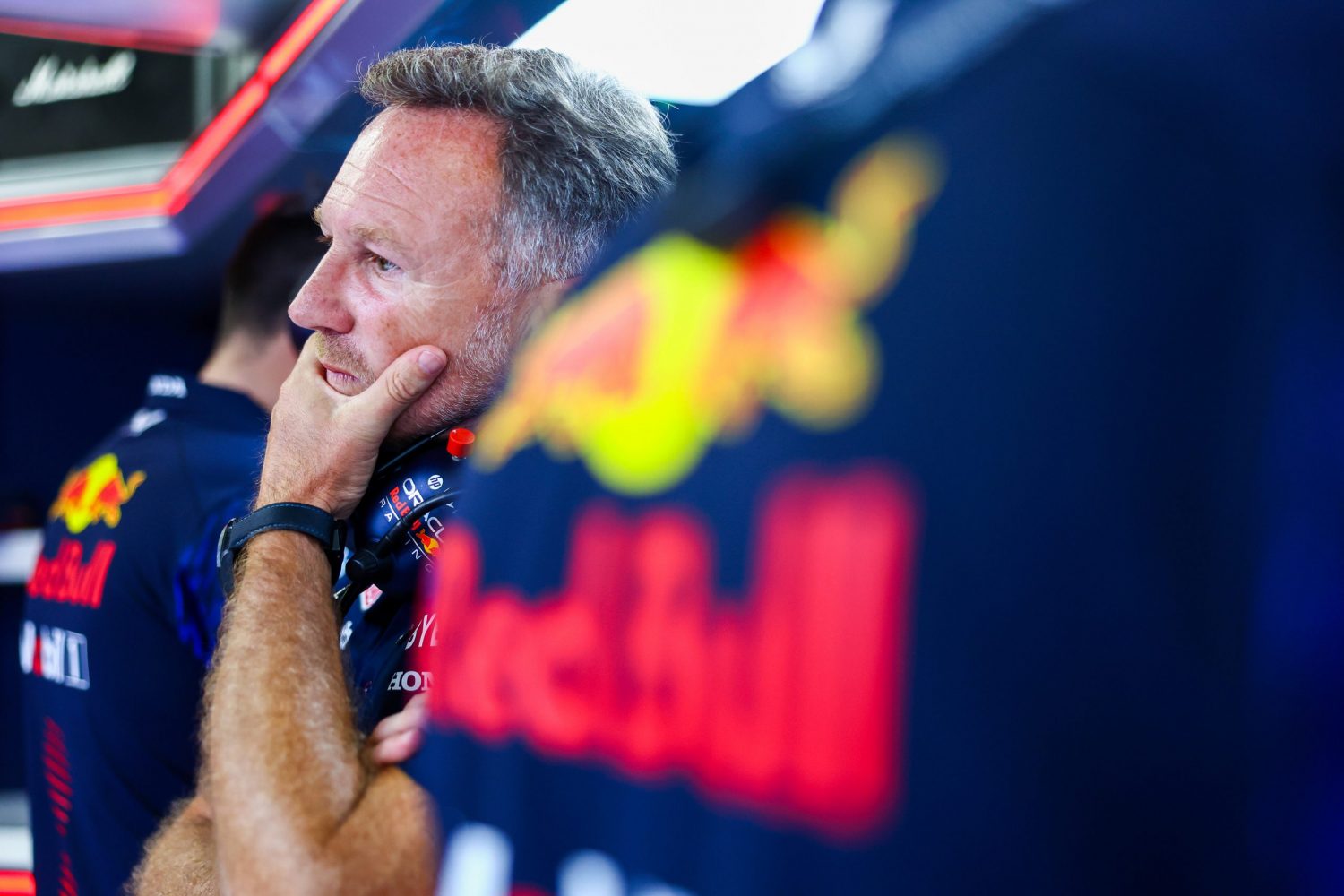
©RedBull
Horner's comments were supported by McLaren's Andrea Stella who also doubted the impact of the directives on Red Bull's car in Singapore given the magnitude of its performance deficit.
"I don't know whether Red Bull had been affected or not by the TD," he said.
"But I would say that even if there was an effect, this effect wouldn't be as large as the deficit of performance that meant they were out of Q3.
"So I would exclude that that's the sole reason: if it's a reason at all."
Even arch-rival Mercedes – which experienced in 2015 an inexplicable performance drop of its own at Marina Bay – was circumspect on a potential causal effect of the directives.
"We've been in Singapore with a dominant car and were not able to perform," commented Wolff.
"But it's so difficult. We have one set of data now [the Singapore GP] and then we're going to a totally different track where that plays a role. So let's wait."
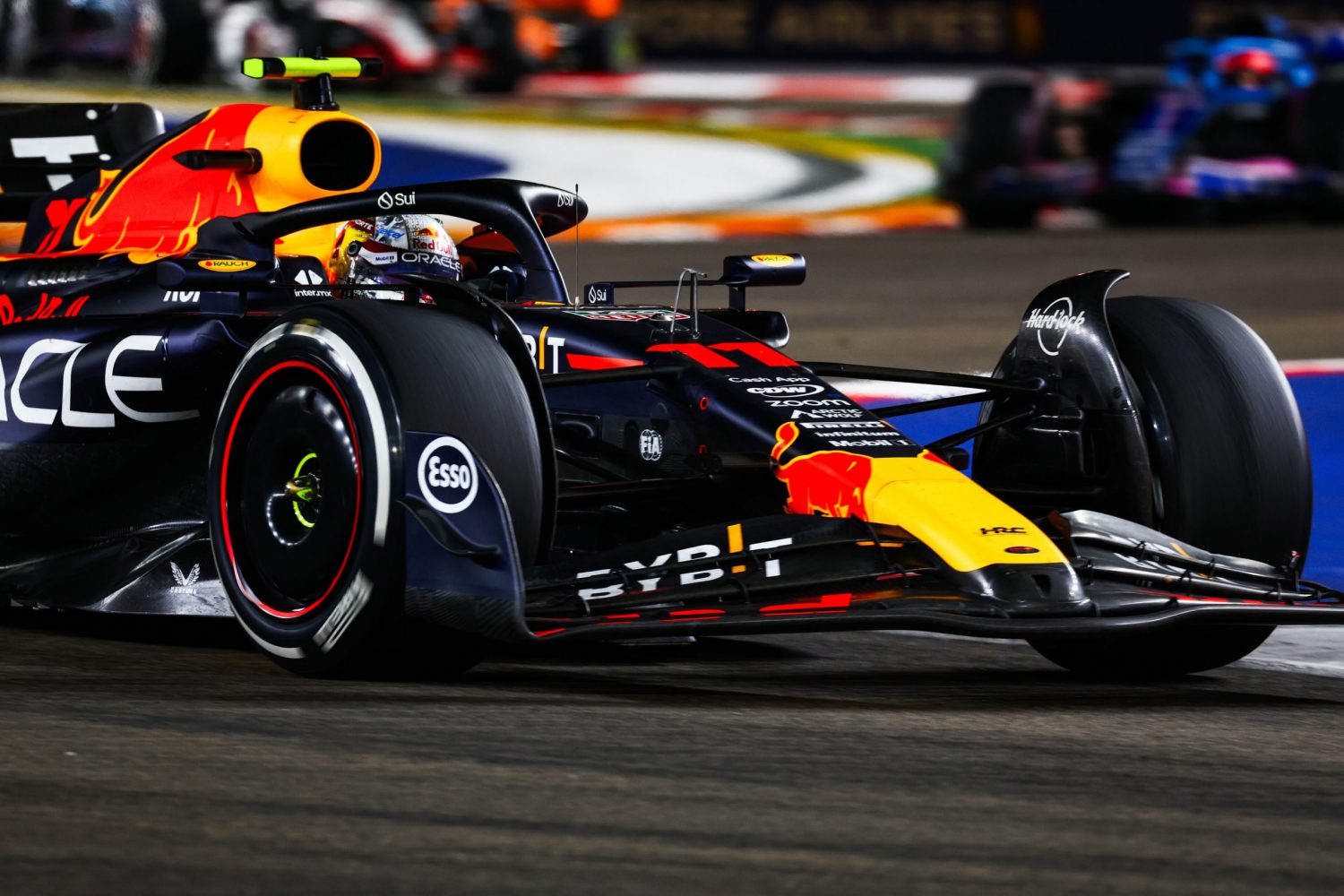
©RedBull
Horner pointed to set-up issues that threw the RB19 out of its optimal operating window as the most probable cause for the team's sudden downfall.
"We knew coming here it would be expected to have closer competition," he said. "But I think it took us a bit by surprise, just how far out we were on Friday.
"I think that we were just not in the right operating window for the car, particularly over a single lap. And when you're not there, then the tyres feel horrible. Everything just doesn't work.
"I think that maybe our simulation before the weekend didn't lead us to the right conclusion. Then you have to sort of unravel your way out of that.
"I think we just ended up in the wrong window and it exposed some of our weaknesses that the car has.
"But it has actually been a very useful lesson for next year, because it gives us some very useful insight and certain things that hopefully we can address in our RB20."
Keep up to date with all the F1 news via Facebook and Twitter




